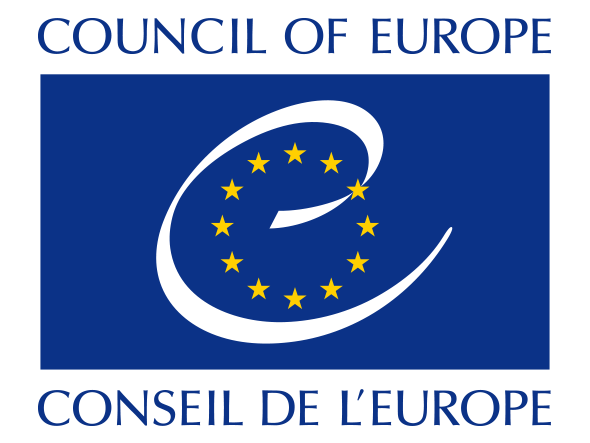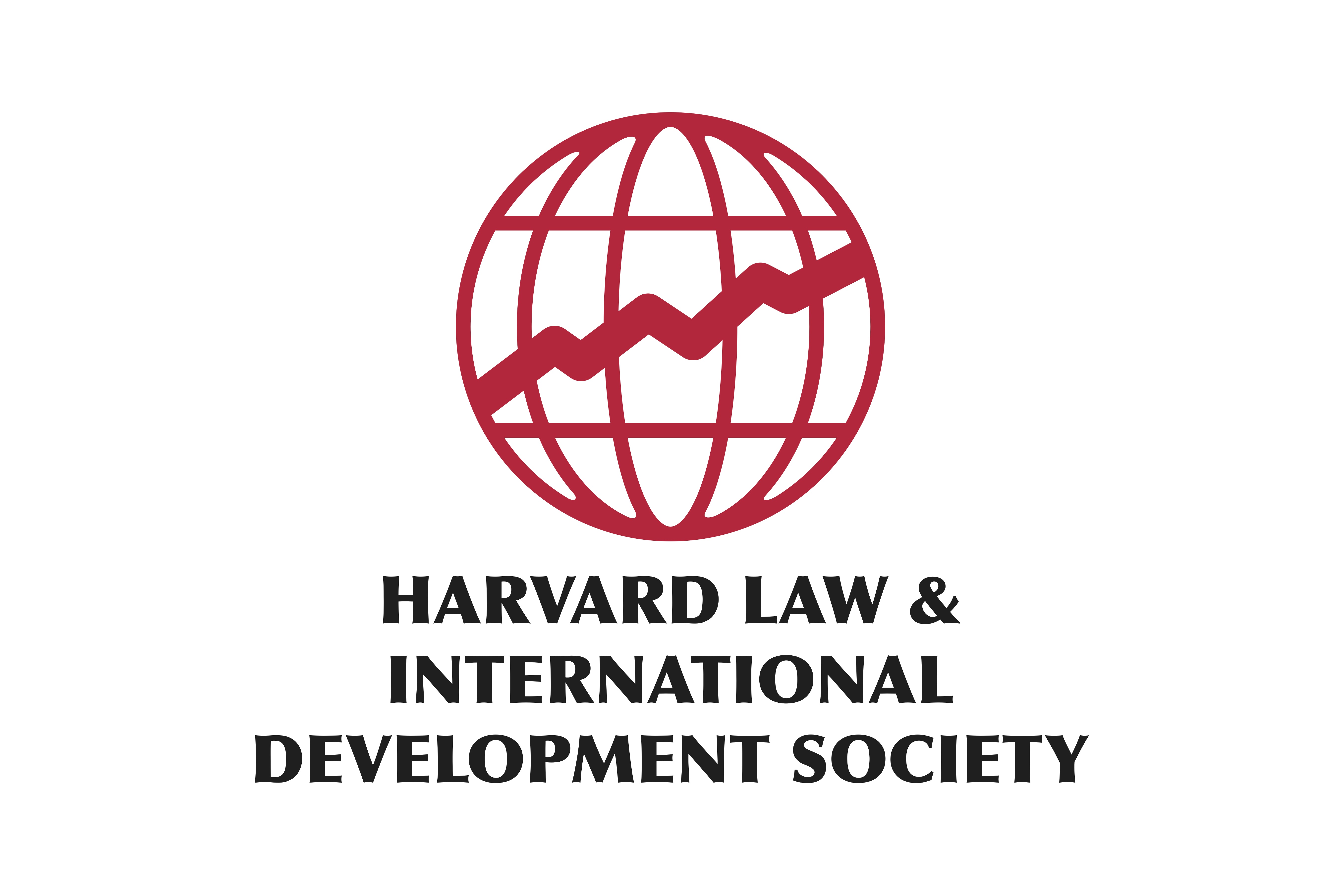April 18, 2014 – Dean Rosenberg
Last summer, I interned with the Legal Affairs and Human Rights Committee of the Council of Europe, in Strasbourg, France.
The Council of Europe, which is distinct from the European Union, is composed of 47 member states, including the vast majority of European states (UK, France, Germany, Russia, Turkey etc.). The Parliamentary Assembly meets a number of times a year, and is composed of representatives from the national parliaments of each of the member states. The Legal Affairs and Human Rights Committee is a Committee of the Parliament, and it deals with the proposal of resolutions that touch upon legal issues often relating to the administration of the European Court of Human Rights, which is within the organization’s purview. The staff of the committee’s primary role is to assist members with preparing resolutions to be proposed, as well as the accompanying research reports.
The internship was an amazing experience. I worked on three large projects. First, I helped create a report on the issue of the independence of the European Court of Human Rights. This involved researching the procedures for electing judges to the court, hiring and maintaining the court’s registry, and examining the post-retirement careers of the Court’s judges.
Second, I wrote a preliminary draft resolution and an accompanying report dealing with the accountability of international organizations for human rights violations. Currently, many of these organizations, such as the UN or NATO are largely unaccountable for any human rights violations they may commit. For example, the UN has asserted its immunity from suit after UN peacekeepers contributed to a cholera epidemic in Haiti that has killed close to 9,000 Haitians.
Finally, another intern and I created a report focusing on the challenges and opportunities presented by the possible accession of the European Union to the European Convention on Human Rights.
Perhaps the most unique component of my time at the Council was the parliamentary session itself. The building was buzzing with activity, and I, along with the other intern in the committee, had the opportunity to attend committee sessions during which the parliamentarians debated and voted on sending the resolution to the full session. These debates are often controversial and extremely heated, and it is definitely a thrill to be in the room when some of these issues are being discussed. One of the most interesting sessions involved a presentation by Amnesty International of Russia’s lawyers discussing their experiences of the treatment of lawyers and their clients in the Caucasus, delivered in a session attended by many Russian members of parliament from those areas. The session provided me with the chance to get first-hand experience of the political process and debates attached to what can sometimes be relatively abstract legal research. The experience was sometimes heartening, but also disappointing and frustrating when resolutions were rejected for plainly political reasons. Indeed, while it is of course predictable that politics will play a role at any international organization, it was somewhat surprising the extent to which delaying tactics, obstructionist coalitions, and other political maneuvers can dominate the process of preventing any resolution, no matter how inconsequential, from being passed.
Working at the Council of Europe gave me a much better understanding of the way in which large international organizations, which play a crucial role in promoting human rights and development, actually work.





